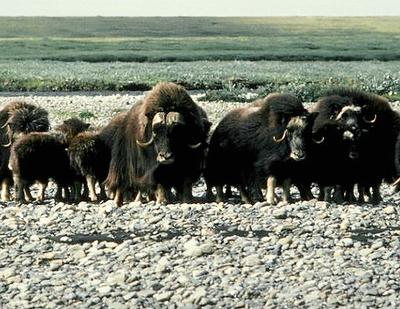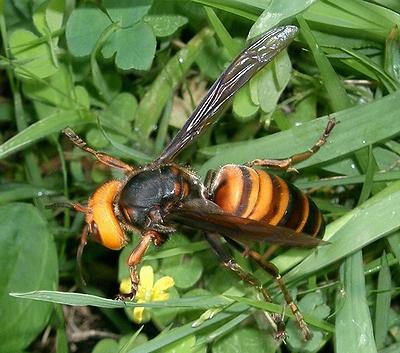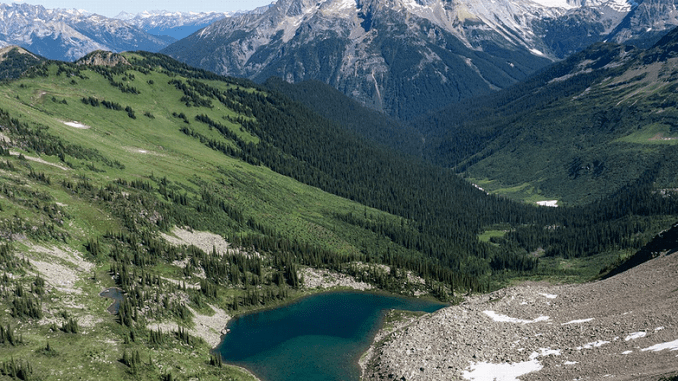
VANCOUVER, British Columbia, Canada, December 3, 2021 (ENS) – The British Columbia government and its logging agency BC Timber Sales, BCTS, have pulled three more cutblocks from their sales plan in Argonaut Creek in central British Columbia on the traditional territory of the Ktunaxa, Syilx, Secwépemc and Sinixt nations.
Since last year, 14 cutblocks have been taken off the chopping block. All but two are in core critical habitat for the at-risk North Columbia caribou herd.
The groups are calling on the government to begin restoring the five kilometers of a logging road that’s been punched into caribou habitat. Only 40 percent of the habitat for the North Columbia herd is protected. The herd is one of the healthiest deep snow-dwelling caribou populations left, with 150 members.
“This intact valley with no roads and cutblocks is a rarity in B.C. The value this habitat holds for the North Columbia caribou herd is irreplaceable,” said conservation and policy campaigner Charlotte Dawe who works with the nonprofit Wilderness Committee. “Knowing chainsaws won’t be leveling their habitat anytime soon is amazing news.”
A total of 339 hectares (1.3 square miles) of proposed logging and more than 10 kilometers of a new road will be halted as a result of the B.C. government’s withdrawal of the three cutblocks. One block is still left.
Pressure began last summer with environmental organizations Wilderness Committee, Echo Conservation Society and Wildsight raising the alarm about the province’s logging plans. More than 3,000 letters were sent to provincial government and BCTS decision-makers calling for the cancellation of the logging in Argonaut Creek.
In the winter of 2020, the British Columbia government called a temporary halt to 11 of the 15 cutblocks.
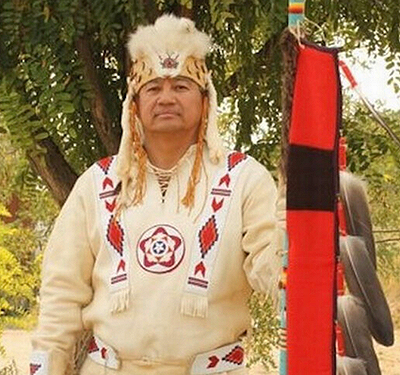
“The deferrals in Argonaut Creek highlight the importance of collective action and a diversity of tactics,” Echo Conservation Society Executive Director Thomas Knowles said.
Splatsin First Nation has shared concerns over dwindling caribou numbers and logging in the area. Kukpi7 Wayne Christian, chief of Splatsin First Nation and tribal chief of Shuswap Nation Tribal Council, has shown support for habitat protection.
Kukpi7, a passionate advocate for recognition of Aboriginal Title and Rights and the strength of Indigenous Nations, has been active in the effort to protect Argonaut Creek. He visited Argonaut Creek this summer to hold a ceremony to protect the trees, the caribou and the people blockading the logging.
A group called Revylution formed a blockade in July to halt further roadbuilding and cutblocks in the area – a goal that they did achieve. They are still there, intending to stop logging on the last remaining approved cutblock.
“In a biodiversity and climate crisis, these are the types of decisions the government must continue to make – ones that put healthy ecosystems, human communities and wildlife above corporate profit,” said Dawe. “I feel a sense of relief knowing that the valley remains a safe haven for the herd.”
Alton Gas Caverns Cancelled in Nova Scotia
And in the eastern province of Nova Scotia, the controversial Alton Gas project has been terminated after over seven years of court hearings, arrests and resistance from the Indigenous Mi’kmaw community. The company announced in October that it would not carry out its plan to create giant salt caverns north of Halifax to store natural gas.
This project near Stewiacke, Nova Scotia would have used water from the Shubenacadie River to create the underground storage caverns.
With a C$100,000,000 budget for the project, the Alberta-based company AltaGas proposed to create two salt caverns to store natural gas underground, with the intention of building up to 15 more. The project was designed to draw nearly 10,000 cubic meters of water daily from the Shubenacadie River estuary and push it through a 12-kilometer underground pipeline to the cavern site.
There, the water would have been pumped underground to flush out salt to create the caverns. The brine created by the salt dissolution would then have been pumped back to the estuary for release into the river system.
Members of the Sipekne’katik First Nation raised concerns that the project would damage and pollute the 73-kilometer tidal river with toxic brine making it too saline for native fish.
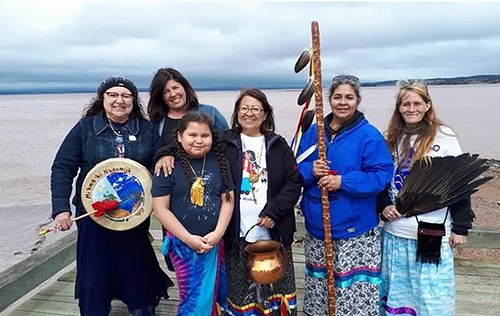
Dorene Bernard, a Mi’kmaq Grassroots Grandmother and Water Protector of the Sipekne’katik Band, described the river as “a major artery for our people” and that the river “has a very significant historical, spiritual and cultural relevance to who we are.”
Bernard says that from the beginning they were not consulted about the Alton Gas project. “Our treaties never ceded land, our treaties are peace and friendship treaties and they were always meant for us to take care of this land and this water for us to always be able to sustain ourselves as a people and I think it’s time the rest of Canada embraces those things,” she said.
The Shubenacadie River is the center of the Peace and Friendship Treaties of 1752 and 1760, in which the Mi’kmaq did not cede land or surrender the right to govern themselves and live under their own law. These treaties have been challenged in practice and in court many times, and the treaties have been consistently affirmed and upheld by the court.
“They know they can’t challenge our Inherent rights and Aboriginal title because this is and always will be unceded territory of the Mi’kmaq,” Kukuwes Wowkis (Madonna Bernard) said.
“Our water is life for all of life, down to the little insects, birds, trees, plants, animals, and all humans,” says Kiju Muin (Paula Isaac). “Without water, none of this – or us – would be here and that’s why we stand to protect future generations.”
“May our resistance be a symbol of perseverance to all those who honor sacred lands and water, and are protecting water and lands for all life across Turtle Island and around the world,” she said.
The company says on its website that, “AltaGas strives to conduct development activity in an environmentally, ecologically, socially, culturally and economically sustainable manner for the benefit of future generations, and values collaboration with Indigenous peoples in determining how this may be achieved in conjunction with our projects.”
But despite such sentiments, AltaGas confirmed to CTV that it will decommission the site near Stewiacke because the company had shifted its priorities since 2018, when it sold its interest in the Halifax-based natural gas utility Heritage Gas Ltd., which would have been the main customer for gas stored in the caverns.
Tim Gray, executive director of the Ontario advocacy group Environmental Defence, said, “Our heartfelt congratulations and gratitude go out to all of the water and land protectors, and the people of Nova Scotia, that made this happen.”
“This approach to fighting project by project from large companies trying to pollute our environment, especially where Indigneous, racialized and low-income Canadians live, isn’t working. That’s why we need a national strategy to advance environmental justice,” Gray said.
Earlier this month, Environmental Defence joined the Canadian Coalition for Environmental and Climate Justice in calling on the federal government to re-introduce Bill C-230. If re-introduced and passed, this Bill would examine the link between race, socio-economic status, and exposure to environmental risk.
Gray said, “This is a critical first step toward acknowledging the legacy of environmental racism in Canada and ensuring that all people in Canada benefit from environmental protection policies.”
Featured image: Landslides are destabilizing the logged-over hills in the Upper Argonaut Creek, British Columbia, 2021 (Photo courtesy Wildsight)

